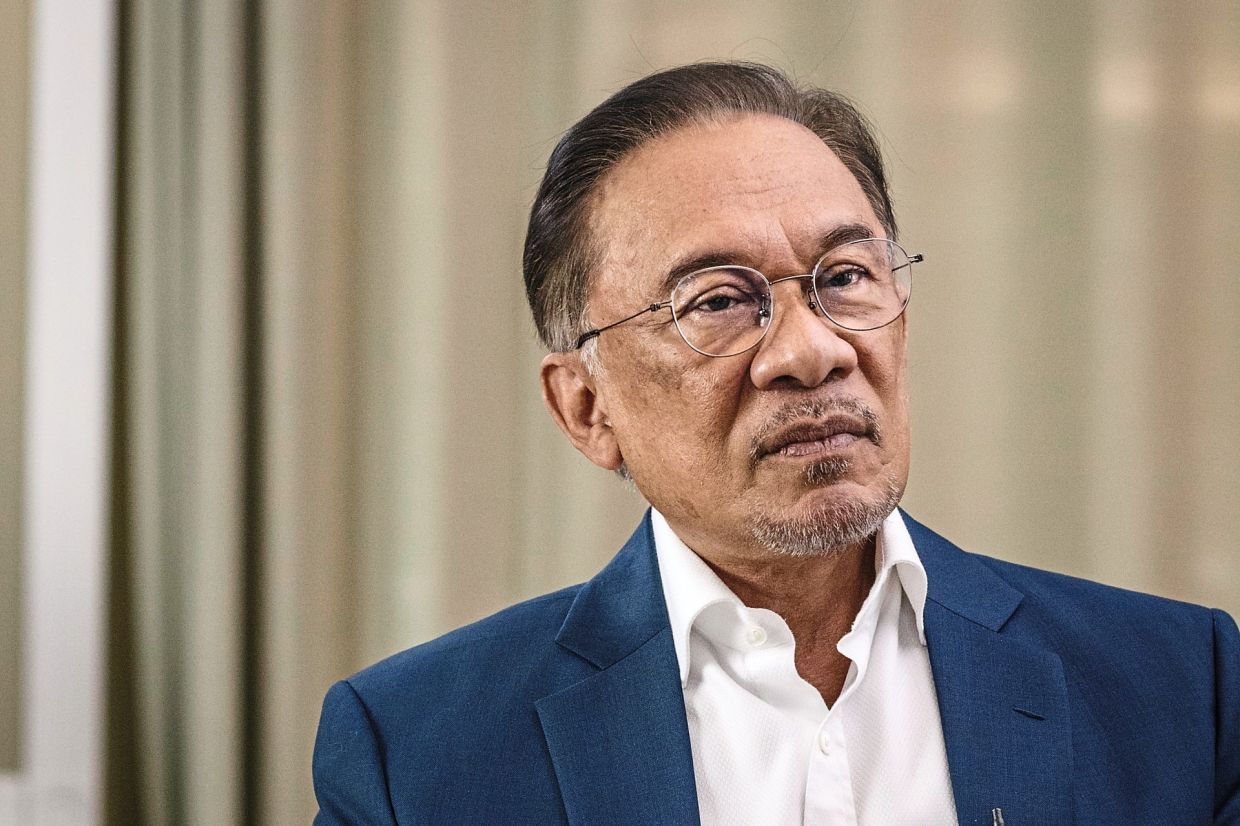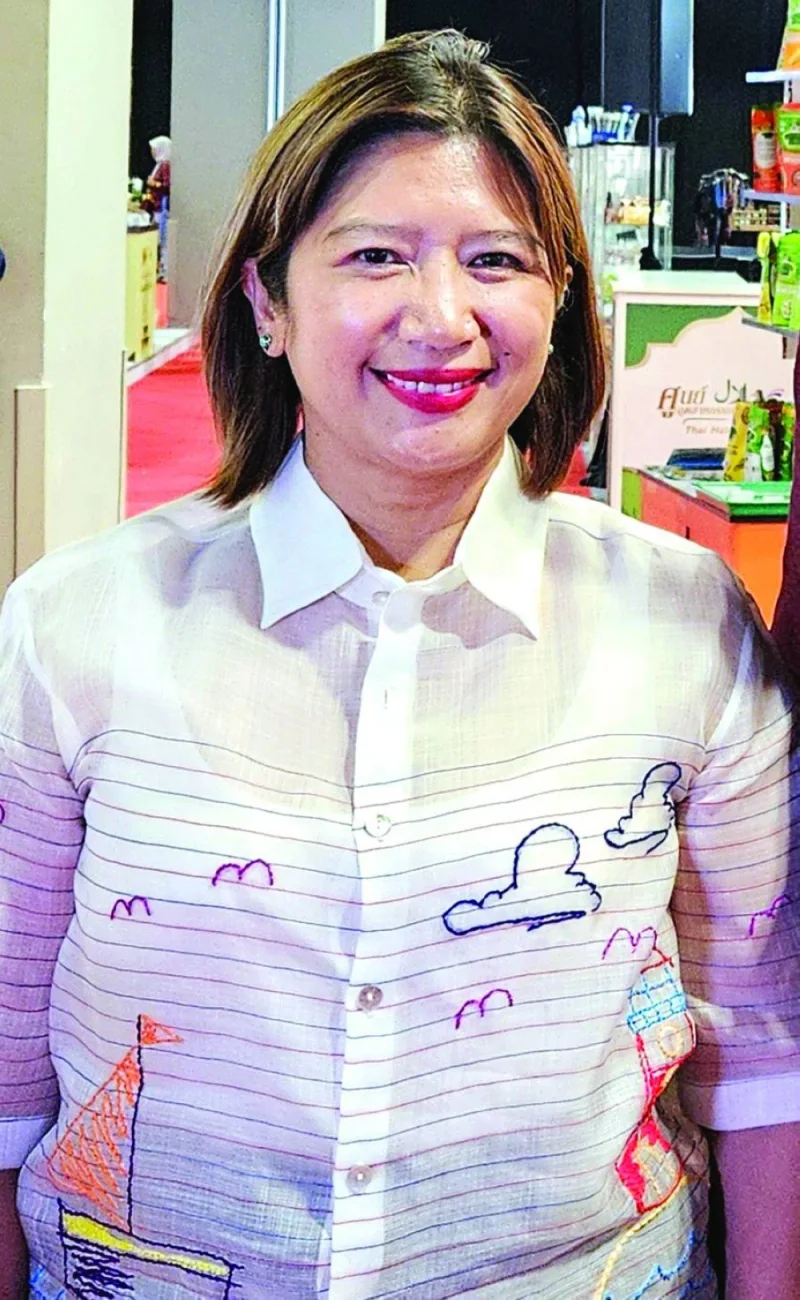MALAYSIA may not be a global player in halal products but the country’s professional services such as halal certification and systems have attracted overseas investors.
 Jumaatun Azmi
Jumaatun Azmi KasehDia
Sdn Bhd managing director Jumaatun Azmi said a lot of investments were
flowing from Europe, the Middle East and South America to Malaysia’s halal food sector.
“The
investors are eyeing South-East Asia, Europe and the Middle East, and
seeking partnerships with Malaysian companies to access these markets,”
she told StarBiz.
“We want investors to ship their raw materials to Malaysia and utilise our halal hub to process and package the products and then ship them out with Malaysia’s halal branding.”
Executive
director Nordin Abdullah said these markets had huge amounts of raw
materials but needed expertise on the manufacture of value-added
products and “halal branding”.
Halal Industry Development
Corp chief executive officer Datuk Jamil Bidin said countries like
Turkey, Kazakhstan and the Philippines had asked Malaysia to assist in
the development of their halal industries by setting up halal certification agencies there.
“Malaysia has long experience and expertise in many halal-related services like standardisation, audits, inspection and research.
“By exporting our services, Malaysia’s export revenue can be increased,” he said.
On
local producers, Jamil said only big companies were competitive enough
to export due to their economies of scale and knowledge on export
requirements.
Malaysia’s limited resources such as land and labour narrowed the country’s production capabilities and the types of products.
“However,
with attractive packaging, strong product adaptation and market
knowledge, we should be able to cater to export demand,” Jamil said.
Malaysia International Halal Showcase CEO Mohd Shukri Abdullah said the prospects for the local halal industry remained bright due to Government support.
However, local companies now face the challenge of sourcing for agriculture-based raw materials.
“Perhaps
the Government should work with governments of countries like
Indonesia, Thailand and the Philippines that are rich in raw materials
to reduce the shortage,” he said.



